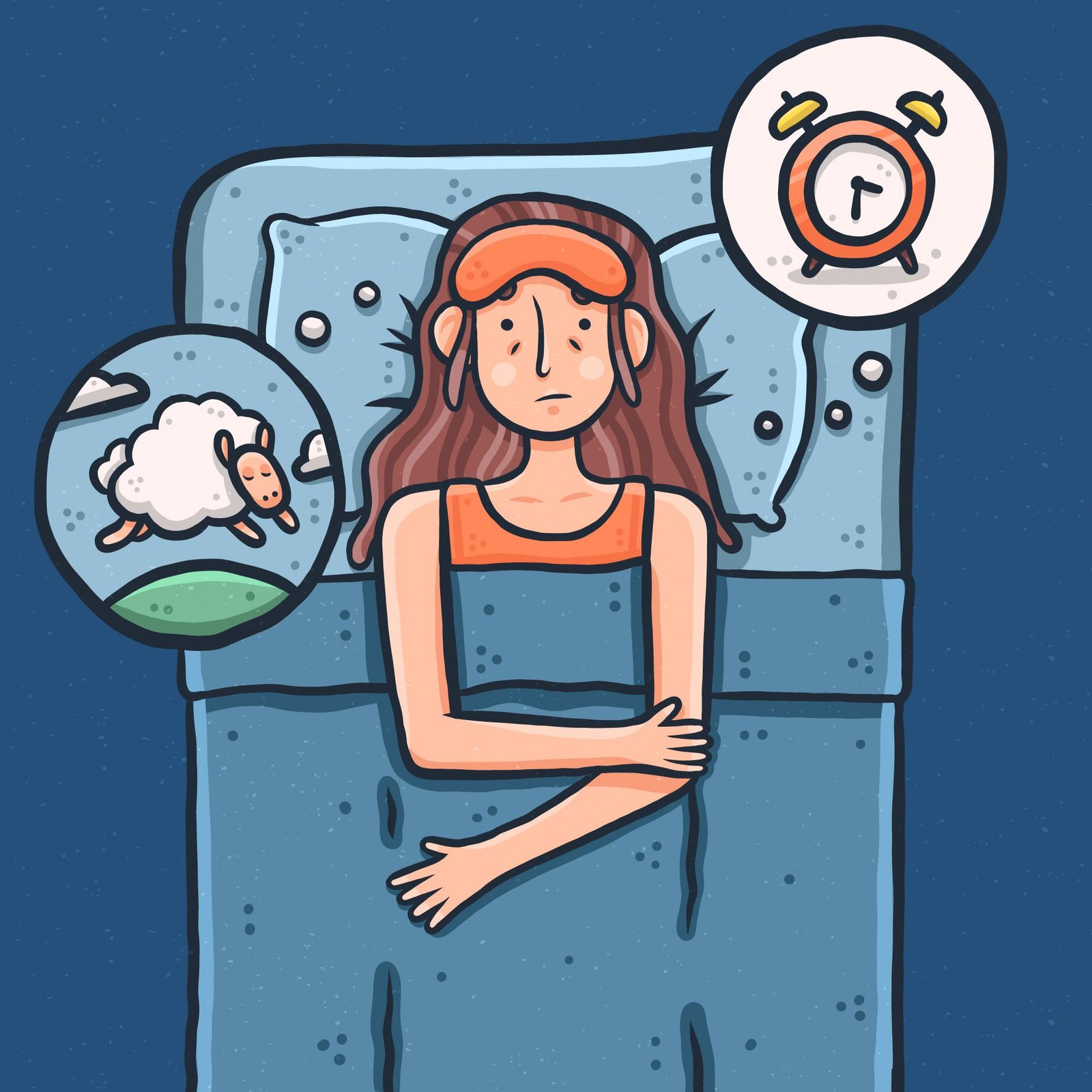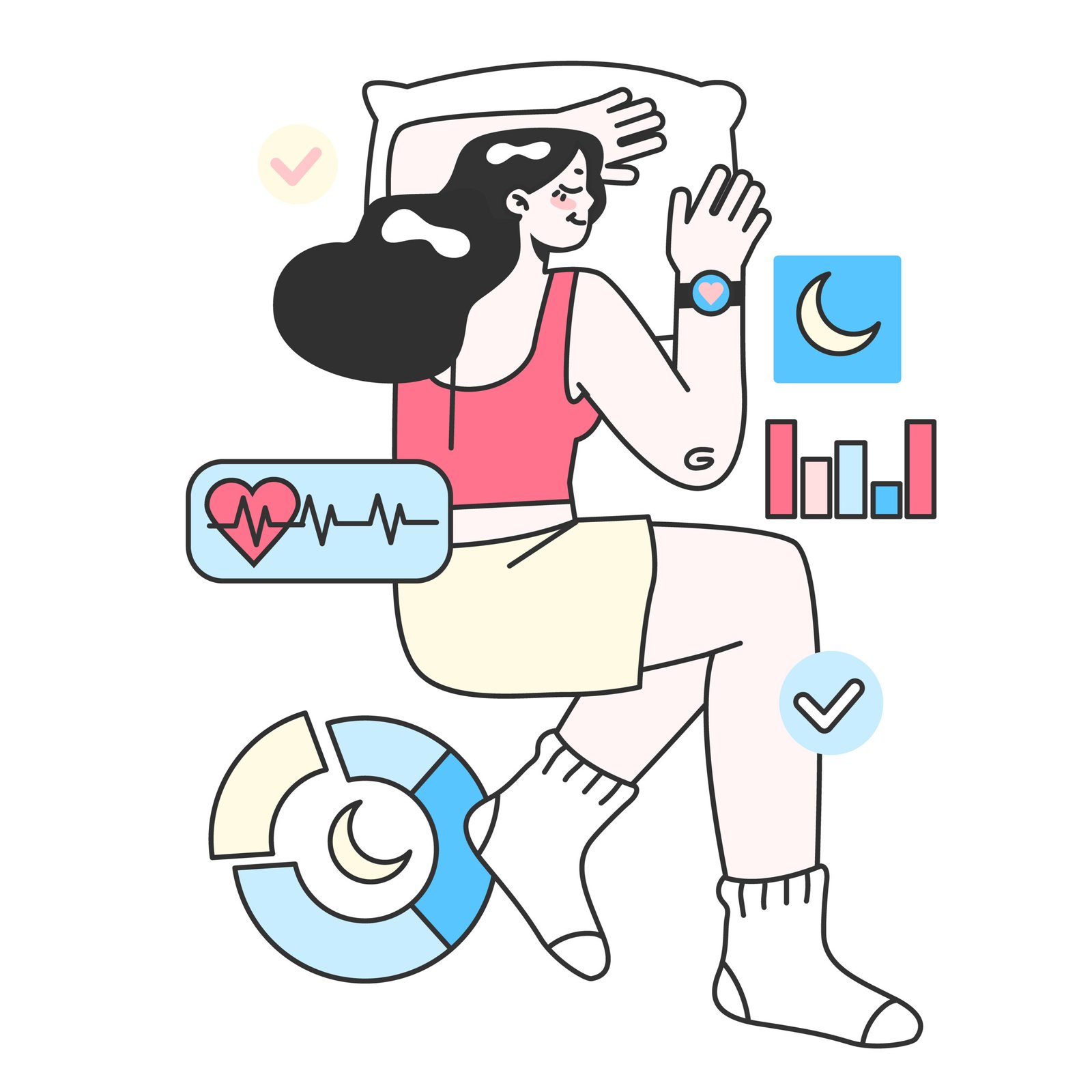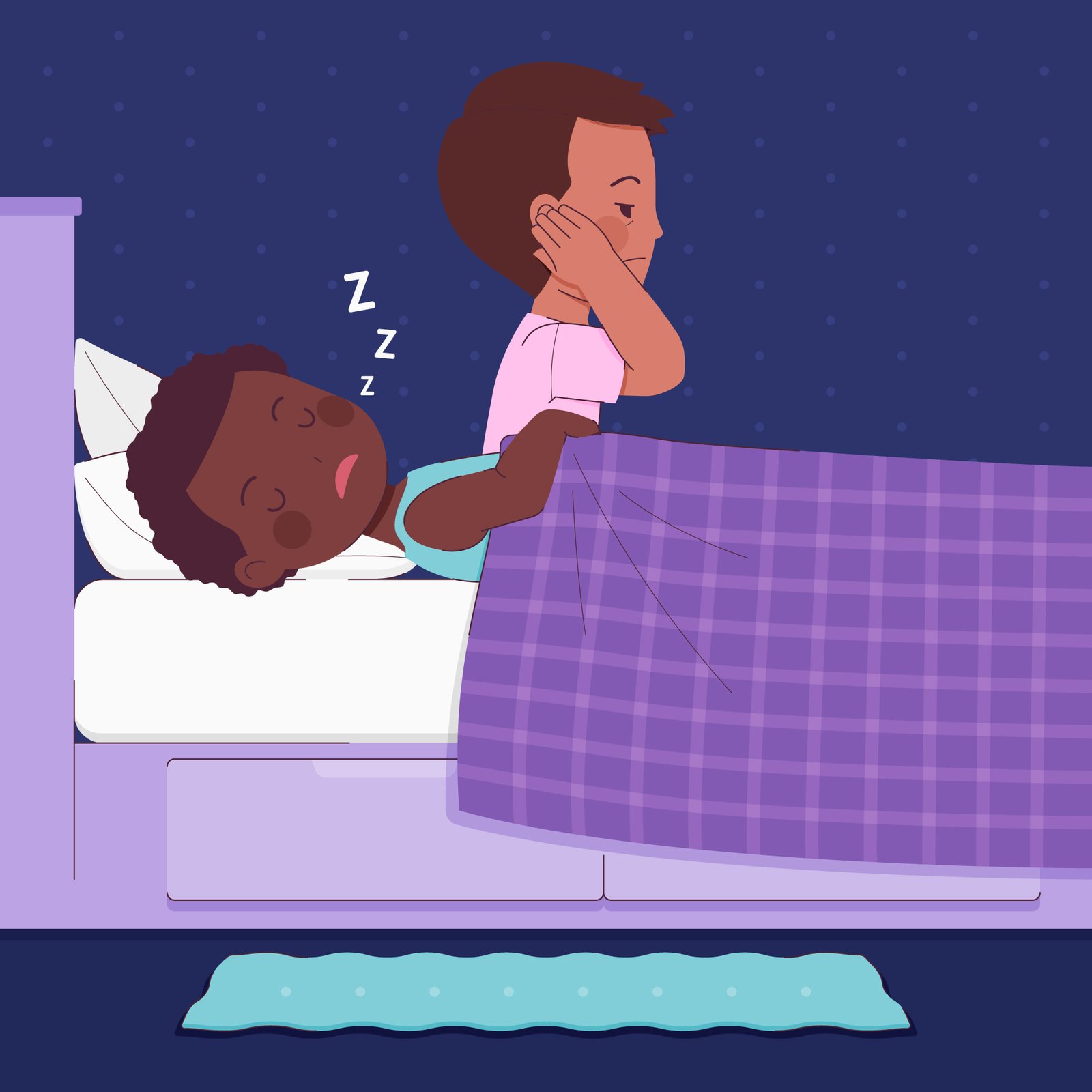Understanding Your Sleep: Is It Time to Take a Closer Look?
We often take sleep for granted, yet it is one of the most important factors influencing our health and daily functioning. How many times have you blamed fatigue on a “bad night’s sleep” without digging deeper? Common sleep disturbances such as insomnia, snoring, or sleep apnea can have serious consequences if left untreated. Let’s explore these issues and consider a vital question: could poor sleep be affecting you more than you think?
Insomnia: Are Sleepless Nights Becoming a Pattern?
Insomnia is more than just difficulty falling asleep occasionally; it’s a chronic issue that can have long-term health consequences. If you’re tossing and turning several nights a week, struggling to fall asleep, or waking up too early and unable to return to sleep, you could be suffering from insomnia.
What’s the impact?
Chronic insomnia is linked to increased risks of depression, anxiety, cardiovascular disease, and even diabetes. It also negatively affects cognitive functions such as memory, concentration, and decision-making. Sleep-deprived people are also more prone to accidents, affecting work performance and personal safety.
Yet, insomnia is often ignored. Many people assume it’s “normal” to have poor sleep or believe their stress levels or busy schedules are to blame. But the question is: are you truly addressing the root cause of your sleeplessness? Studies based on evidence-based medicine (EBM) show that cognitive behavioural therapy for insomnia (CBT-I) and other tailored interventions can dramatically improve sleep quality, breaking the cycle of sleeplessness and its damaging effects.
Reflect: If sleepless nights are your new normal, why haven’t you taken action to understand and treat the problem?
Why Prioritising Sleep Matters
Your sleep is as unique as you are, and so are the solutions to improve it. From insomnia and snoring to sleep apnea and overall sleep performance, these issues are signals that something may be wrong. But the good news is that there are evidence-based approaches to address these problems, tailored to your individual needs. Whether it’s behavioural therapy for insomnia, CPAP for sleep apnea, or simple lifestyle changes to enhance your sleep performance, the question is: are you ready to take control of your sleep health?
Sleep is not just about resting—it’s about thriving. Taking action now could improve not only your sleep but your long-term health, well-being, and performance.



